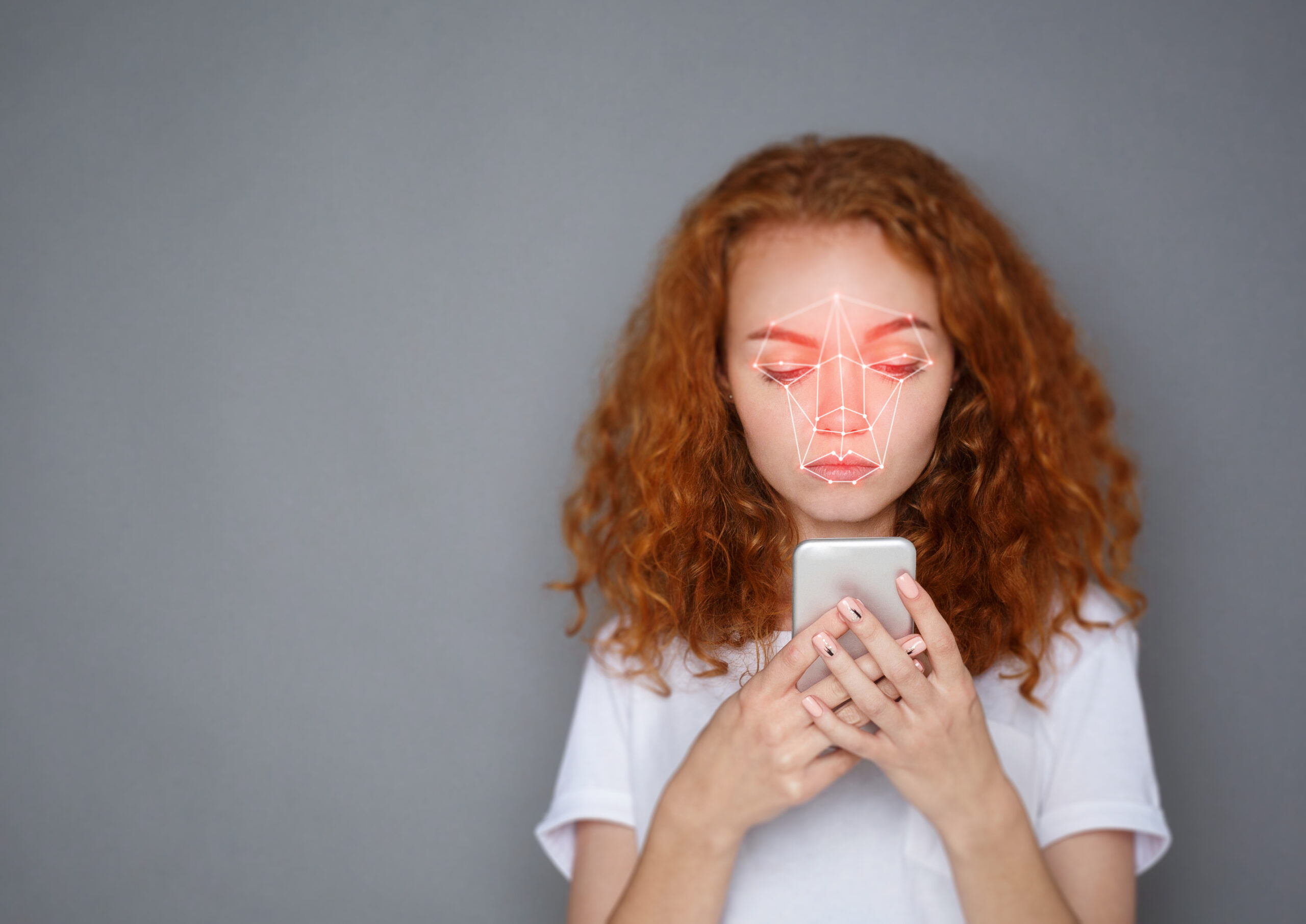Commonly, biometric data is used to provide security in our day-to-day lives. We unlock our phones and open private apps with our thumbprints and face scans. It can be used for other things as well, such as in law enforcement, but most often we encounter it in terms of identity verification. Recently, Instagram has moved to take things a step further with biometric data. They are testing a new third-party program that uses AI to scan users faces and estimate their ages based on those scans.
It’s no secret that people can easily lie on the internet, but the trend of lying about age is very common among children. In fact, 31% of children have considered lying about their age online, and 17% of children aged 8 to 16 years often alter their ages online. According to Instagram’s policies, users must be at least 13 to create an account. However, it was only in 2019 that Instagram required users to input their birth date, and since then they’ve implemented several more policies to help separate adult and child-friendly content. For instance, like many sites, they sometimes require users to send in ID to verify age and confirm identity.
Typically, when sites do this, it is with good intentions—namely, to rid the platform of scammers, bots, and malicious accounts. It can also be used in cases where they suspect a minor is posing as an adult, which can be harmful for the child involved, other users of the site, and the platform itself. It is, overall, meant as a safety precaution.
The third-party software that Instagram is currently testing is called Yoti, which has been approved in the UK for age-verification purposes. In order to confirm their age, a user sends a video selfie to Yoti and machine learning is used to estimate the user’s age. Yoti claims to have a “margin of error of 2.79 years across its total 45-year age range.” They also are not making claims to be a facial recognition AI. Instead, Yoti simply identifies ages, not exact people. Oddly enough, Yoti CEO Robin Tombs has said that they aren’t even sure what their AI uses to determine age.
Age verification AI for social media sites—which almost universally require users to be 13 or older—is undoubtedly a useful tool when it comes to protecting children online. However, people have concerns about privacy when it comes to facial recognition. Yoti says they do not store data collected during the process of age verification, but there are plenty of companies that have both stored and sold biometric data without consent in the past. Not to mention the overall concern about normalizing surveillance. European lawmakers have already started having conversations about banning the collection of biometric data altogether. As we’ve seen in the past, though, laws are sometimes slow to keep up with rapidly changing technology.
In the meantime, there are plenty of other ways to work towards keeping children safe on the internet. If you are a parent, it’s important to discuss the possible dangers of social media and to be aware of your children’s online activity. Most mobile devices, like phones and tablets, have explicit parental control settings that limit access to certain apps or websites or allow for time limits. As always, being proactive about you and your loved one’s digital well-being is the most reliable way to protect yourself.
